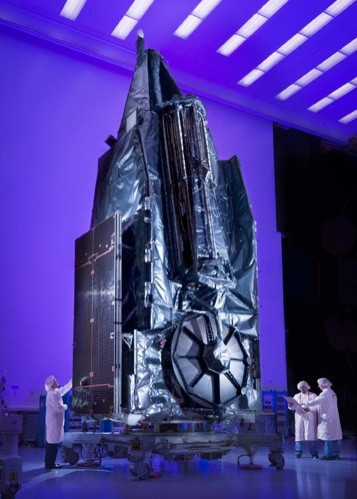Satellite Broadband Could Interfere With GPS

A combination satellite and ground-based system could interfere with GPS signals, causing problems for the military and airlines.
LightSquared plans to field a system of satellites and ground stations that will provide a broadband LTE network. The business would sell network capacity to other carriers rather than consumers.
The Federal Communications Commission recently granted LightSquared a waiver on its license, allowing the company to provide service without necessarily having to use satellites as part of the connection. The spectrum is in the L-band, centered at 1575 MHz and 1227 MHz. It is the first band that is of concern because LightSquared's FCC license covers 1525-1559 MHz.
That is close enough that the antenna sites could interfere with GPS signals. At the Air Force Association's Air Warfare Symposium in Orlando, Fla., last week, Gen. William Shelton, head of Air Force Space Command, said that LightSquared's towers could jam GPS signals within 3 to 5 miles on the ground and 12 miles in the air.
The Air Transport Association has also expressed some concern to the FCC, according to reports from Flightglobal.com.
For its part, LightSquared told DoD Buzz that the company designed filters to make sure that GPS signals weren't interfered with. LightSquared said that tests by Garmin, which makes GPS receivers, weren't done with the production filters that will actually be used with the system, and those filters would prevent any signals from the towers spilling over and creating problems for GPS.
© Copyright IBTimes 2024. All rights reserved.




















